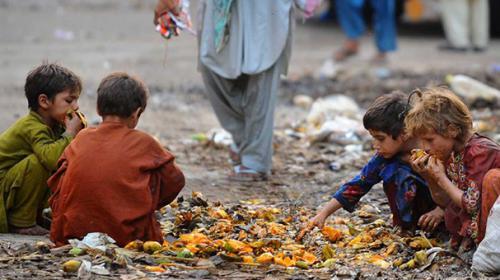Globally, one-third of all food produce for human
consumption estimated at 1.3 billion tonnes is lost or wasted, annually,
reports NaijaAgroNet.
This disclosure was made by the officials of Food and
Agriculture Organisation (FAO) and which has caused massive financial losses
while squandering natural resources.
In Europe alone, according to European Union (EU) Commission,
about 88 million tonnes of food are wasted each year, with associated costs
estimated at €143 billion.
FAO also said, the increased use and abuse of Anti-Medicines
in both human and animal healthcare has contributed to an increase in the number
of disease-causing microbes that are resistant to antimicrobial medicines used
to treat them, like antibiotics.
This makes AMR a growing threat that could lead to as many
as 10 million deaths a year and over $100 million in losses to the global economy
by 2050, according to some studies. And in addition to public health risks, AMR
has implications for food safety as walls as the economic wellbeing of millions
of farming households across the globe.
For this, FAO and EU are synchronizing efforts to quantify
food losses and waste at each state of the food chain.
To enhance the exchange of information and evidence related
to antimicrobial use in food production as well as AMR management best
practices, paved the way for the recent agreement signed between the two.
For them, joint advocacy and education efforts to promote
the responsible use of antimicrobials and improve farm-level hygiene to reduce
the need for their use in the first place
Isaac Oyimah/GEE
... Linking agrobiz, sustainable environs, people & technologyPix: Courtesy: https://www.geo.tv




